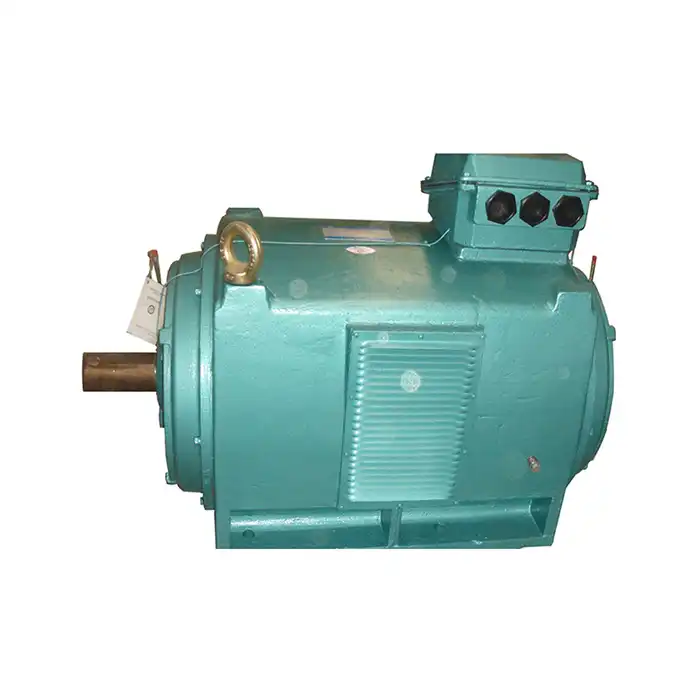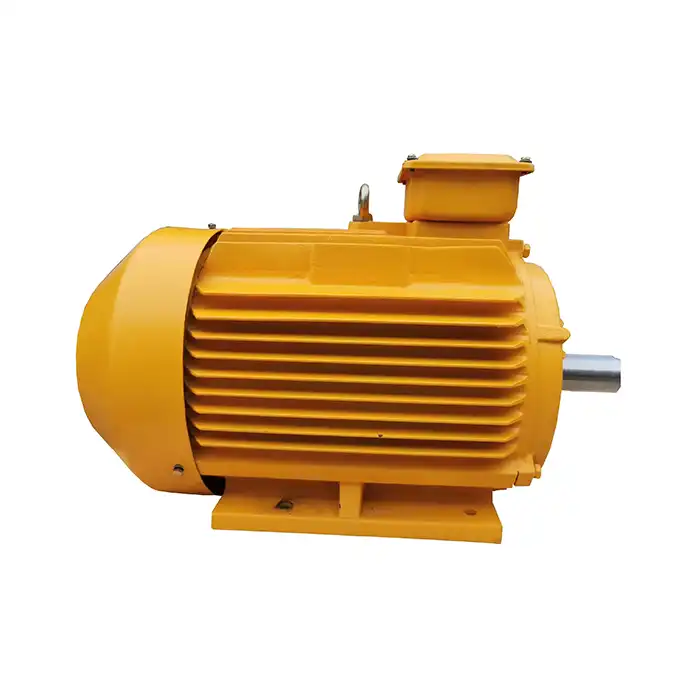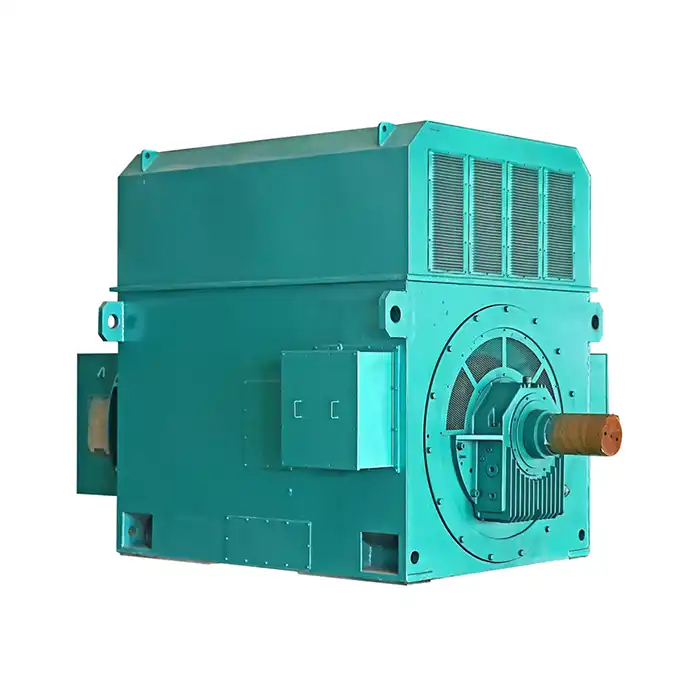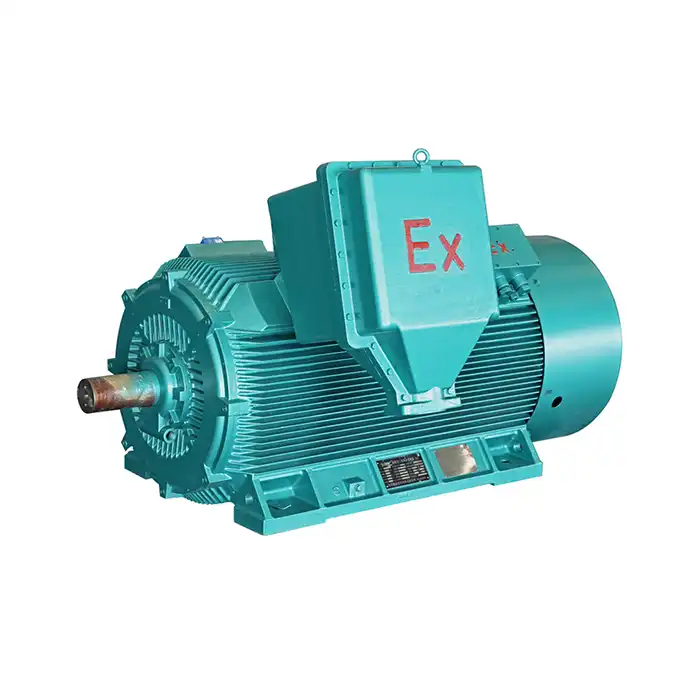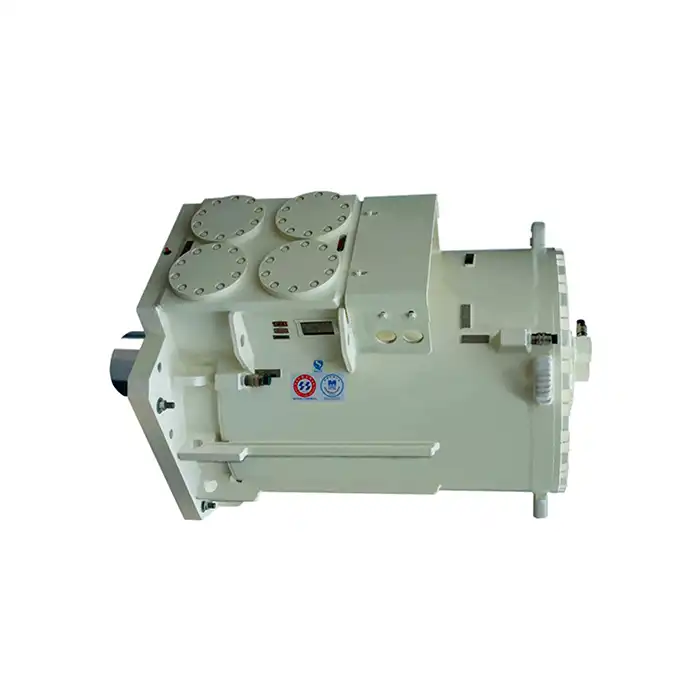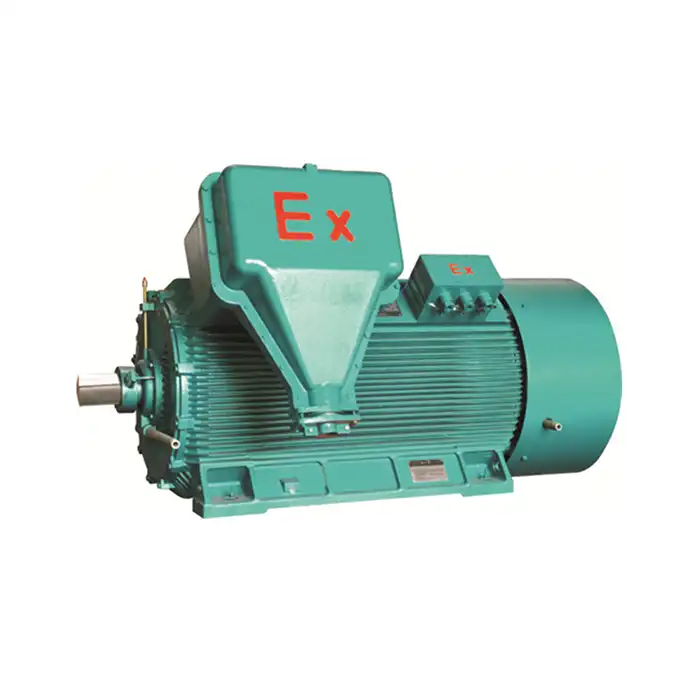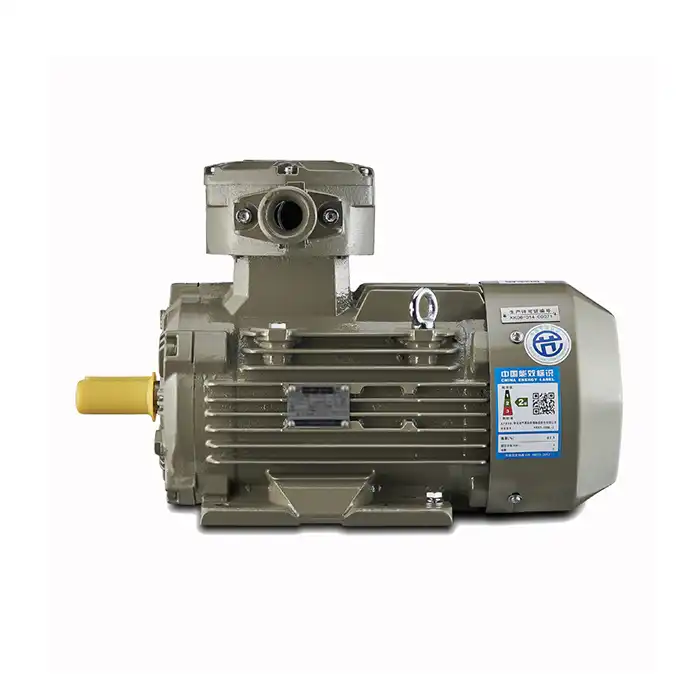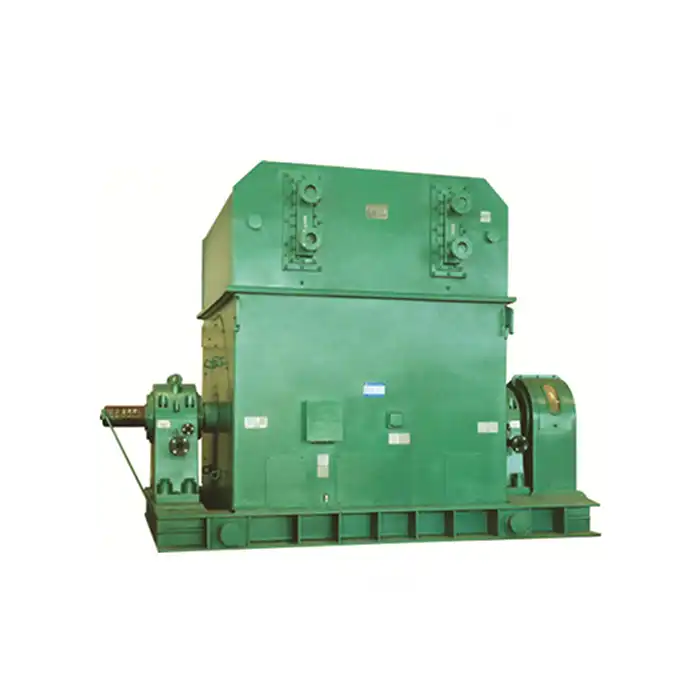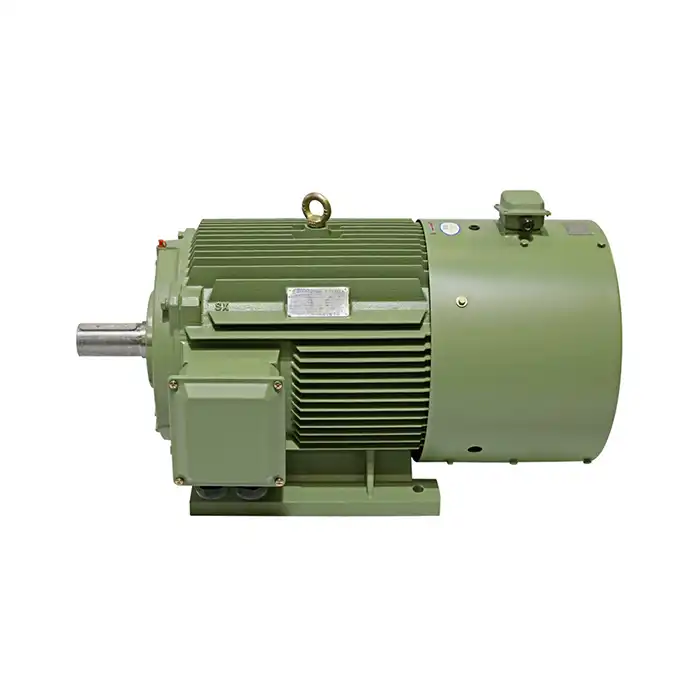
Enhanced insulation systems for high dv/dt protection
One of the primary differences between inverter duty and standard induction motors lies in their insulation systems. Inverter duty induction motors feature reinforced insulation designed to handle the high dv/dt (rate of voltage change over time) associated with VFD operation.
Standard motors typically employ basic insulation systems that may not withstand the repeated voltage spikes generated by VFDs. These spikes can lead to premature insulation breakdown and motor failure. In contrast, inverter duty induction motors incorporate advanced insulation materials and winding techniques to mitigate these effects.
Some key features of inverter duty induction motor insulation systems include:
- Corona-resistant magnet wire
- Phase paper insulation
- Stress grading tapes
- Enhanced end-turn support
These components work in tandem to distribute voltage stress more evenly throughout the winding system, significantly reducing the risk of insulation failure. The result is a motor that can operate reliably under the demanding conditions imposed by VFDs, with a frequency conversion range of 30Hz to 50Hz, 5Hz to 70Hz, or even 5Hz to 100Hz, depending on the specific model.
Thermal management differences: Standard vs. inverter duty induction motors
Another crucial distinction between standard and inverter duty induction motors lies in their thermal management capabilities. VFD operation can lead to increased heat generation within the motor, particularly at low speeds where the motor's self-cooling fan becomes less effective.
Standard induction motors rely primarily on their shaft-mounted fan for cooling. While this approach is adequate for constant-speed applications, it becomes problematic in variable-speed scenarios. As the motor slows down, so does the fan, reducing cooling efficiency precisely when it's needed most.
Inverter duty induction motors address this challenge through several innovative design features:
- Optimized cooling fin design for improved heat dissipation
- Auxiliary cooling fans independent of motor speed
- Enhanced internal air circulation pathways
- Use of high-temperature-resistant materials
These thermal management improvements allow inverter duty induction motors to maintain stable operating temperatures across a wide speed range, from as low as 5Hz up to 100Hz. This capability is particularly valuable in applications requiring sustained low-speed operation or frequent start-stop cycles.
The superior thermal management of inverter duty induction motors translates to several benefits:
- Extended motor lifespan
- Improved reliability in demanding applications
- Reduced maintenance requirements
- Ability to operate at full torque even at low speeds
Why can't regular motors handle variable frequency drives long-term?
While standard induction motors can operate with VFDs in the short term, they often struggle to maintain performance and longevity in these applications. Several factors contribute to this limitation:
Bearing currents: VFDs can induce high-frequency currents in the motor shaft, leading to premature bearing failure. Inverter duty induction motors incorporate specialized bearing protection systems, such as insulated bearings or shaft grounding rings, to mitigate this issue.
Harmonic heating: The non-sinusoidal waveforms generated by VFDs can cause additional heating in standard motors. Inverter duty induction motors are designed with this in mind, featuring improved lamination materials and winding designs to minimize harmonic losses.
Torque ripple: VFD operation can introduce torque ripple, causing vibration and potential mechanical stress. Inverter duty induction motors are engineered with reinforced rotor and stator designs to withstand these forces, ensuring smooth operation across the entire speed range.
Voltage stress: The rapid switching of VFDs can create voltage reflections, potentially damaging standard motor insulation. Inverter duty induction motors employ advanced insulation systems capable of withstanding these voltage spikes without degradation.
These factors underscore the importance of selecting the appropriate motor for VFD applications. While standard motors may suffice for limited variable speed operation, inverter duty induction motors offer superior performance and longevity in demanding scenarios.
Inverter duty induction motors excel in applications requiring:
- Wide speed ranges (up to 1000:1 or more)
- Frequent acceleration and deceleration
- Sustained low-speed operation
- High starting torque requirements
- Precise speed control
These capabilities make inverter duty induction motors ideal for a diverse range of industries, including:
- Manufacturing (e.g., machine tools, conveyor systems)
- Process industries (e.g., pumps, fans, compressors)
- HVAC and refrigeration
- Renewable energy (e.g., wind turbines)
- Water treatment facilities
In conclusion, the distinctions between inverter duty and standard induction motors are significant and multifaceted. From enhanced insulation systems and thermal management to specialized designs that address the unique challenges of VFD operation, inverter duty induction motors offer a host of advantages in variable speed applications.
As industries continue to prioritize energy efficiency and precise control, the demand for inverter duty induction motors is likely to grow. By understanding the key differences between these motor types, engineers and facility managers can make informed decisions that optimize performance, reliability, and overall operational efficiency.
Are you looking to upgrade your industrial automation systems with high-performance inverter duty induction motors? Shaanxi Qihe Xicheng Electromechanical Equipment Co., Ltd. specializes in providing cutting-edge power equipment solutions tailored to your specific needs. Our team of experts is committed to delivering energy-efficient, low-consumption, and stable power equipment while offering comprehensive pre-sales and after-sales support. Whether you're in manufacturing, process control, HVAC, renewable energy, or water treatment, we have the expertise to optimize your operations. Contact us today at xcmotors@163.com to learn more about our inverter duty induction motor solutions and how they can transform your industrial processes.
References
- Johnson, R. M., & Smith, A. K. (2019). "Comparative Analysis of Inverter Duty and Standard Induction Motors in Variable Speed Applications." IEEE Transactions on Industry Applications, 55(4), 3721-3729.
- Williams, L. T., & Brown, E. S. (2020). "Thermal Management Strategies for Inverter-Fed Motors." ASME Journal of Thermal Science and Engineering Applications, 12(3), 031009.
- Zhang, H., & Liu, Y. (2018). "Advanced Insulation Systems for Inverter-Duty Motors: A Comprehensive Review." IEEE Electrical Insulation Magazine, 34(2), 8-19.
- Patel, V. K., & Mehta, R. J. (2021). "Bearing Current Mitigation Techniques in Inverter-Driven Motors." IET Electric Power Applications, 15(3), 301-315.
- Gonzalez, M. A., & Rodriguez, F. T. (2017). "Performance Comparison of Standard and Inverter Duty Induction Motors in Variable Frequency Drive Applications." International Journal of Electrical Machines and Drives, 5(2), 89-102.
- Chen, X., & Wang, L. (2022). "Longevity and Reliability Analysis of Inverter Duty Motors in Industrial Automation." Proceedings of the 2022 International Conference on Power Electronics and Drives (ICPED), 123-128.



